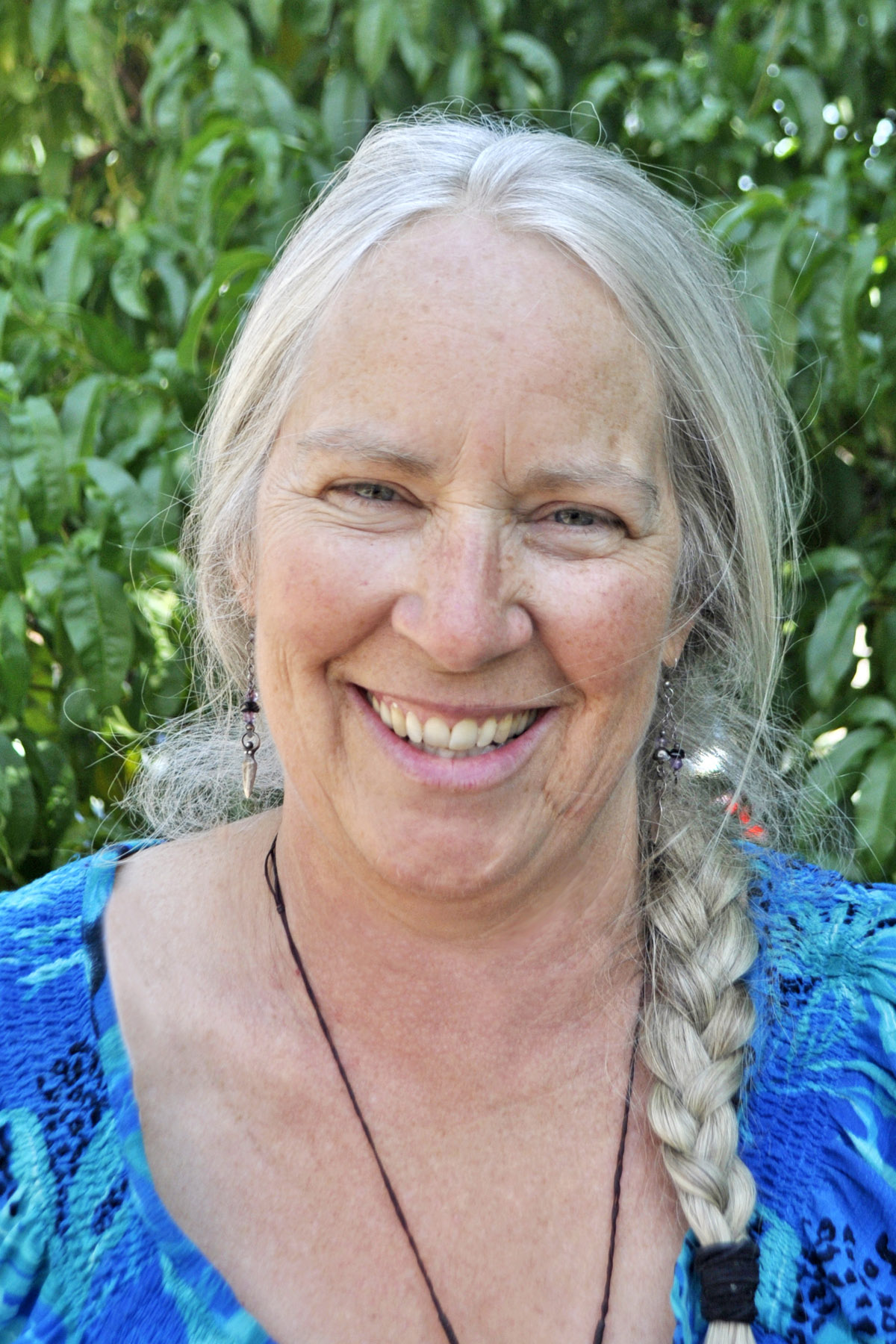For the love of cement and grants, our elected leaders and unelected board members are paving paradise right here in Manitou. For the pursuit of a grant, it feels they will do most anything, even paving a 10-foot-wide “creek path” with concrete to have that money. Because that is what the grant calls for.
I would prefer a dirt and mulch or road base path and would rather not receive a grant that made me damage my own environment. I wonder how many other residents would agree with me?
The use of concrete causes pollution in the air, in the soil and in the waters of Fountain Creek. Are we aware of this? Do we know what other plans are out there?
How many of us wanted 10-foot sidewalks on the west end of our little town? My children grew up in that neighborhood. Now, it feels like a commercial strip for a shopping mall.
How many of these plans are being made in favor of more cars? More parking? More visitors? How do more visitors, cars and parking impact a resident’s life here in Manitou? Does it make it better?
We are exposed to so many people daily here, we hardly get a chance to have some peace and quiet. Instead, we “get” to enjoy more noise, more direct contact with strangers, breathe more pollution and realize less peace for ourselves and our families.
In my heart, it feels so wrong to cover the living planet with concrete or asphalt. Especially to just park cars. Aren’t cars part of our problem here? Why would we cater to more cars?
Cement, asphalt and cars all contribute to the downward spiral of the planet’s condition. Manitou is but a holographic echo of the global climate catastrophe that is unfolding daily.
There should be limits to how much natural surfaces we allow to be eliminated with concrete or other materials.
Let’s look under the concrete and asphalt the municipality loves to use. Removing these materials would immediately cool the surrounding area by removing the heat-gathering activity of the concrete or asphalt.
Once gone, the entire area would be cleaner. Soil isn’t really dirty, folks. Now rainwater will be able to infiltrate. This, in turn, eliminates standing water, ice sheets and accompanying issues such as mosquitoes.
Freed-up areas would be able to grow plants and trees, starting to rebuild the God-given ecosystem of the soil. That would bring in opportunities for more beneficial nature and natural services.
There would be less sunlight reflection, reverting to a more natural light state. Surrounding trees and flora would experience improved health and beauty. The soil would enjoy improved water retention and would help reduce stormwater flows.
We all know that an improved environment for wildlife and birdlife is critical. They are struggling to maintain their wilder lives as we seemingly work hard to take their opportunities away.
Concrete is not eco-friendly. The raw material extraction, the production process, humans’ on-going use and disposal of cement requires high amounts of energy and water. The industry causes environmental pollution and degradation of natural resources.
According to the Clean Water Campaign, concrete and asphalt production, and installing it, can contaminate stormwater and could contaminate Fountain Creek, along with the Arkansas River and, ultimately, the ocean waters with high concentrations of suspended solids, toxic hydrocarbons and other chemicals, oils and greases, and heavy metals. It becomes a global issue. Haven’t we done this enough to know better?
Traditional methods and use of concrete are not sustainable. At some point, we must wake up and repurpose the materials of asphalt and cement to other uses besides covering soil. We will have to.
Collectively, we could start today by asking our community volunteers, Parks Department heads, Public Works and elected officials to break their addiction to concrete. Ask them to not accept grants that lead us down the path of following proposed avenues, regardless of consequences.
As one of my friends said regarding 10-foot sidewalks and even more proposed parking lot surfaces: “We are making a big mess out of our small town.” I must agree.

